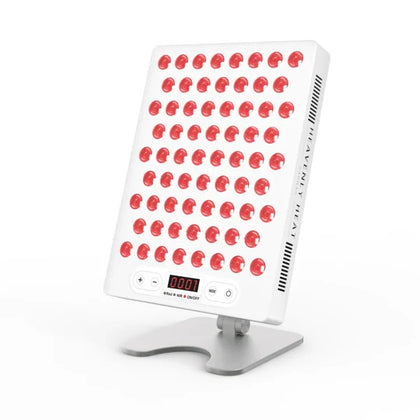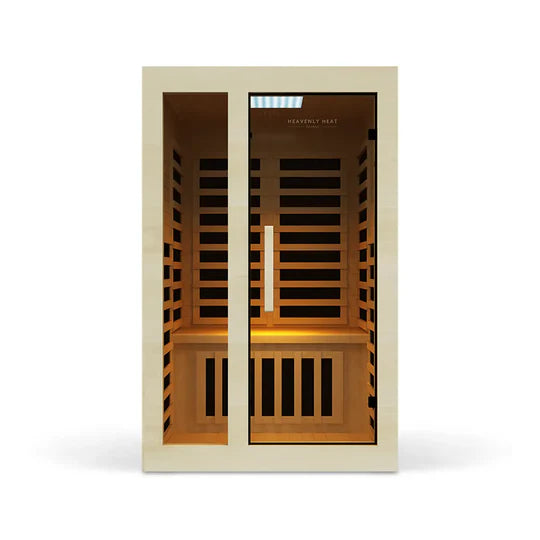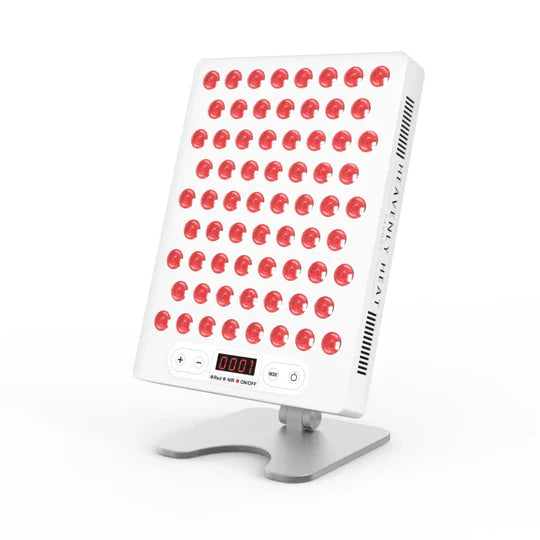Sauna vs Ice Bath: Which One Is Better?

Feeling torn between a sauna’s heat and an ice bath’s chill? Unsure which is more beneficial for your well-being? Discover the benefits of each to make an informed decision on what suits you best.
What is a sauna?
A sauna is a small room designed for heat sessions, promoting relaxation and health benefits.
Originating in Finland over 2,000 years ago, saunas have evolved into various types, including traditional wood-burning, electric, infrared, and steam rooms.
Typical sauna temperatures range from 150°F to 195°F. Saunas are built with materials like cedar, hemlock, and spruce.
Public saunas are found in gyms and spas, offering communal spaces, while private saunas are installed in homes for personal use.
Installing a home sauna can cost between $3,000 and $6,000, depending on size and features.
What is Ice Bath?
Harvard Health Publishing explains that ice baths involve immersing the body in cold water, typically around 60°F, to reduce muscle soreness and invigorate.
The scientific evidence on their benefits is limited. Consult a doctor before starting if you have heart or circulation issues.
Fill a tub with cold water, add ice, and immerse as much of your body as possible. Start with short durations, gradually increasing as you get used to it.
For general wellness, aim for two to three sessions per week. Cold showers are a milder alternative.
What Are the Benefits of Sauna
Lower Risk of heart related diseases
Regular sauna bathing reduces the risk of heart-related diseases by improving blood vessel function, reducing arterial stiffness, and lowering blood pressure.
These effects contribute to better heart health and a reduced risk of conditions like hypertension and cardiovascular disease.
Release stress
That calm you feel after a sauna? That’s your hormones balancing out. Sauna bathing boosts norepinephrine and β-endorphin, which helps manage stress and enhances well-being. Regular use makes these benefits even better.
Good for your Skin
Research indicates that sauna bathing is generally beneficial for the skin. Regular sauna sessions help keep the skin hydrated and can benefit conditions like psoriasis by reducing the thick scales associated with the disease.
While some people with atopic dermatitis may experience increased itching, overall, sauna bathing does not cause skin drying and is considered harmless for most skin types.
Improve your Sleep
Sauna bathing can significantly improve your sleep quality. A global study found that 83.5% of participants reported better sleep for 1–2 nights after using a sauna.
Regular sauna users often experience relaxation and stress reduction, which contribute to better sleep patterns.
Additionally, the heat from the sauna can aid in muscle relaxation and pain relief, further enhancing sleep quality.
These benefits highlight the potential of sauna bathing as a natural method to improve overall sleep health.
What Are the Benefits of Ice Bath?
Decreased muscle soreness
An ice bath significantly reduces muscle soreness by effectively removing lactate and providing an analgesic effect.
In a study, ice baths outperformed massage and roller massage in lactate removal and reducing Delayed Onset Muscle Soreness (DOMS), making it a superior recovery method.
Reduce inflammation
A study published in the journal of education,health and sport found that ice baths narrow blood vessels, effectively reducing inflammation after intense workouts.
This process may alleviate post-exercise soreness by limiting the influx of inflammatory substances into muscles.
However, their effectiveness varies due to factors like genetics, age, gender, and health conditions.
Integrating ice baths into recovery routines is complex despite their potential benefits in managing muscle soreness and enhancing overall recovery.
Boost immune system
Cold water immersion, such as ice baths, can strengthen the immune system. Research suggests that exposure to cold temperatures activates the sympathetic nervous system, leading to increased production of norepinephrine.
This activation may enhance immune function, potentially aiding in the body’s defense against infections.
Furthermore, cold water immersion has been associated with reduced levels of pro-inflammatory cytokines, which are molecules involved in inflammation.
By regulating these cytokines, ice baths may promote a more balanced immune response, thereby supporting overall immune health and resilience.
Conclusion
Saunas benefit heart health, stress relief, skin quality, and sleep, while ice baths aid muscle recovery, reduce inflammation, and may boost immunity. Saunas are ideal for relaxation and cardiovascular health, while ice baths excel in easing muscle soreness and potentially enhancing immune function. Consider your wellness goals and comfort with heat or cold therapy to determine which best meets your needs.





































